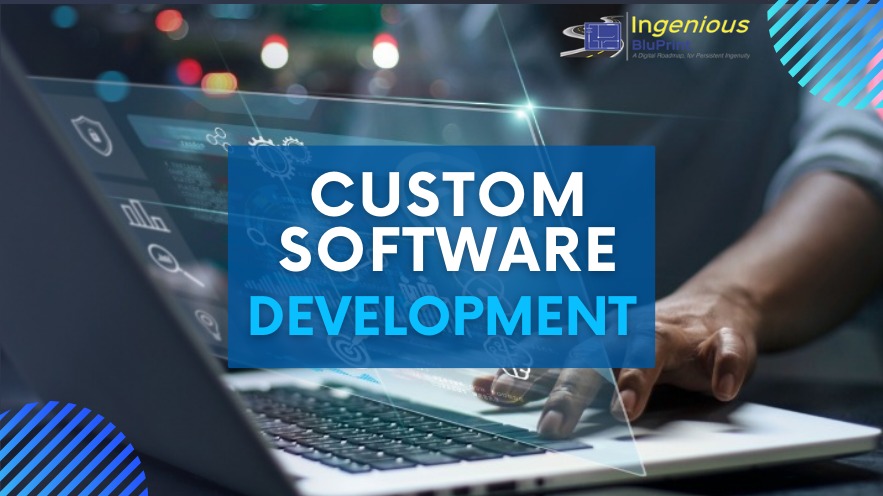The most pressing business automation needs today that often require custom software development vary across industries, but some common areas include:
- Workflow Optimization:
Businesses often require customized software to streamline and automate complex workflows. This can involve integrating various processes, reducing manual intervention, and enhancing overall operational efficiency. - Data Management and Analysis:
Custom software is frequently needed for handling and analysing vast amounts of data. Businesses may seek solutions for data storage, retrieval, and analysis to make informed decisions and gain a competitive edge. - Customer Relationship Management (CRM:
Many companies require tailored CRM systems to manage and automate interactions with customers effectively. This involves tracking customer interactions, managing leads, and personalizing communication. - E-commerce Solutions:
As online business continues to grow, custom software for e-commerce becomes crucial. This includes developing personalized platforms, integrating payment gateways, and optimizing user experiences. - Supply Chain Management:
Businesses often need customized solutions to automate and optimize their supply chain processes. This can involve inventory management, order fulfilment, and real-time tracking to improve overall logistics efficiency. - Cybersecurity Solutions:
With the increasing frequency of cyber threats, businesses require custom software to strengthen their cybersecurity measures. This includes developing robust firewalls, encryption tools, and monitoring systems to safeguard sensitive information. - Human Resources Automation:
Companies may need customized software to automate HR processes, such as recruitment, onboarding, performance management, and employee engagement. This helps in enhancing HR efficiency and employee satisfaction. - Regulatory Compliance:
Industries with stringent regulatory requirements, such as healthcare and finance, often need custom software solutions to ensure compliance. This involves developing systems that automate documentation, reporting, and auditing processes. - Artificial Intelligence (AI) and Machine Learning (ML):
Businesses are increasingly integrating AI and ML into their operations for tasks like predictive analytics, natural language processing, and automation of decision-making processes. Custom software is often essential to implement these advanced technologies. - Personalization in Marketing:
For businesses focused on digital marketing, custom software is required to implement personalized marketing strategies. This involves analysing customer behaviour, preferences, and trends to deliver targeted and effective marketing campaigns.
The specific automation needs depend on the nature of the business, industry trends, and the unique challenges faced by each organization. Custom software development addresses these specific requirements, enabling businesses to adapt and thrive in a rapidly changing environment.

